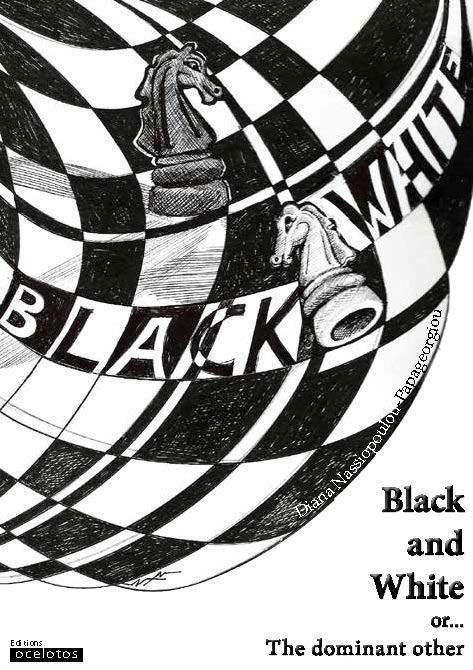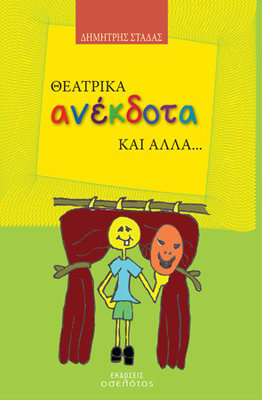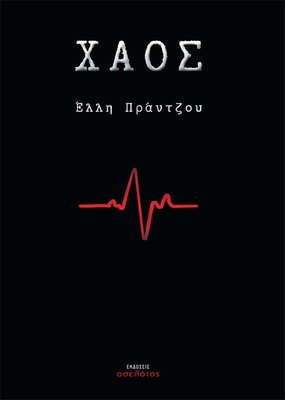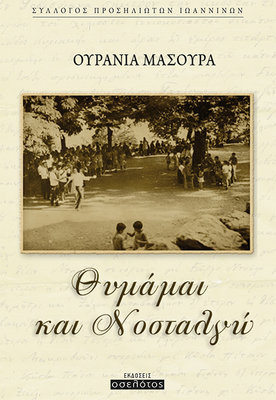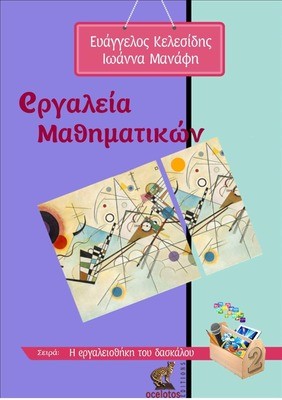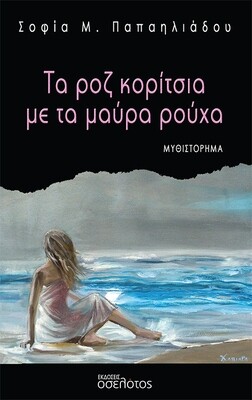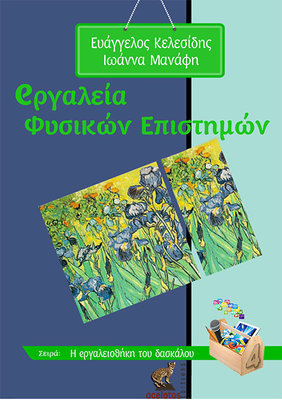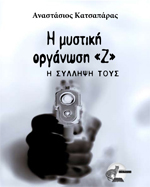
Κατηγοριες
Black and White or... The dominant other
SKU 978-960-564-356-0
2€
Κάντε μία δωρεά
In stock
1
Save this product for later
Black and White or... The dominant other
Product Details
ISBN: 978-960-564-356-0
Συγγραφέας: Diana Nassiopoulou-Papageorgiou
Είδος: e-book
Έτος έκδοσης: 2016
A man, Sotiris, is, or thinks he is, under unbearable pressure from a woman—his wife—, Phaedra. Although we are sometimes used to, familiar with, indiafferent to, or tolerant of the other way round—a woman being under pressure, denigrated, and crushed under a man’s weight—, this is the opposite case. Or is it exactly the same thing? Sotiris, our hero, feels that what Phaedra says or insinuates, the way she talks to him, disdains, humiliates, and annihilates him. Admonition and sermonising coming out of her beloved wife’s lips in a stern tone makes him feel worse by the minute; all the more lost and redundant. Admonition that supposedly aims to give him counsel and...reason with him is mulled over in his head as he heard it all years ago, from his parents. Choices that are repeated on the basis of object relations, striving to tame them, become beasts that devour him. Sotiris suffocates, sinks, gets lost. The appearance of a strange horse, a depressed tomcat, and a friend out of the blue drag him to a deadlock. His dabbling in art*—which he adored ever since he was a child, but he had suppressed deep inside of him—lifts his spirits. It saves him from madness and disappearance, from the wrong image he made of himself, an erroneous image strengthened by the contrivance and choice of the dominant other**, his Phaedra... *Seraphie—survives mental disease through art
You May Also Like
e-book

45 Δραστηριότητες για τα Χριστούγεννα E-BOOK
3€
45 Δραστηριότητες για τα Χριστούγεννα E-BOOK
Τύπωσε, ζωγράφισε και λύσε τους γρίφους
SKU 22359
Display prices in:EUR
